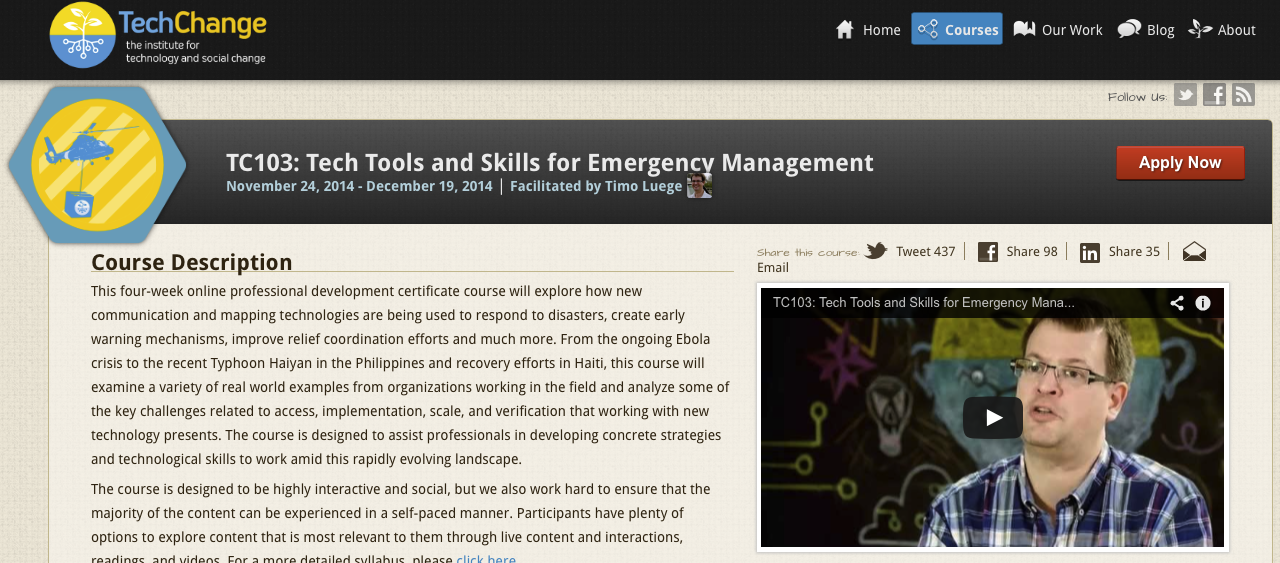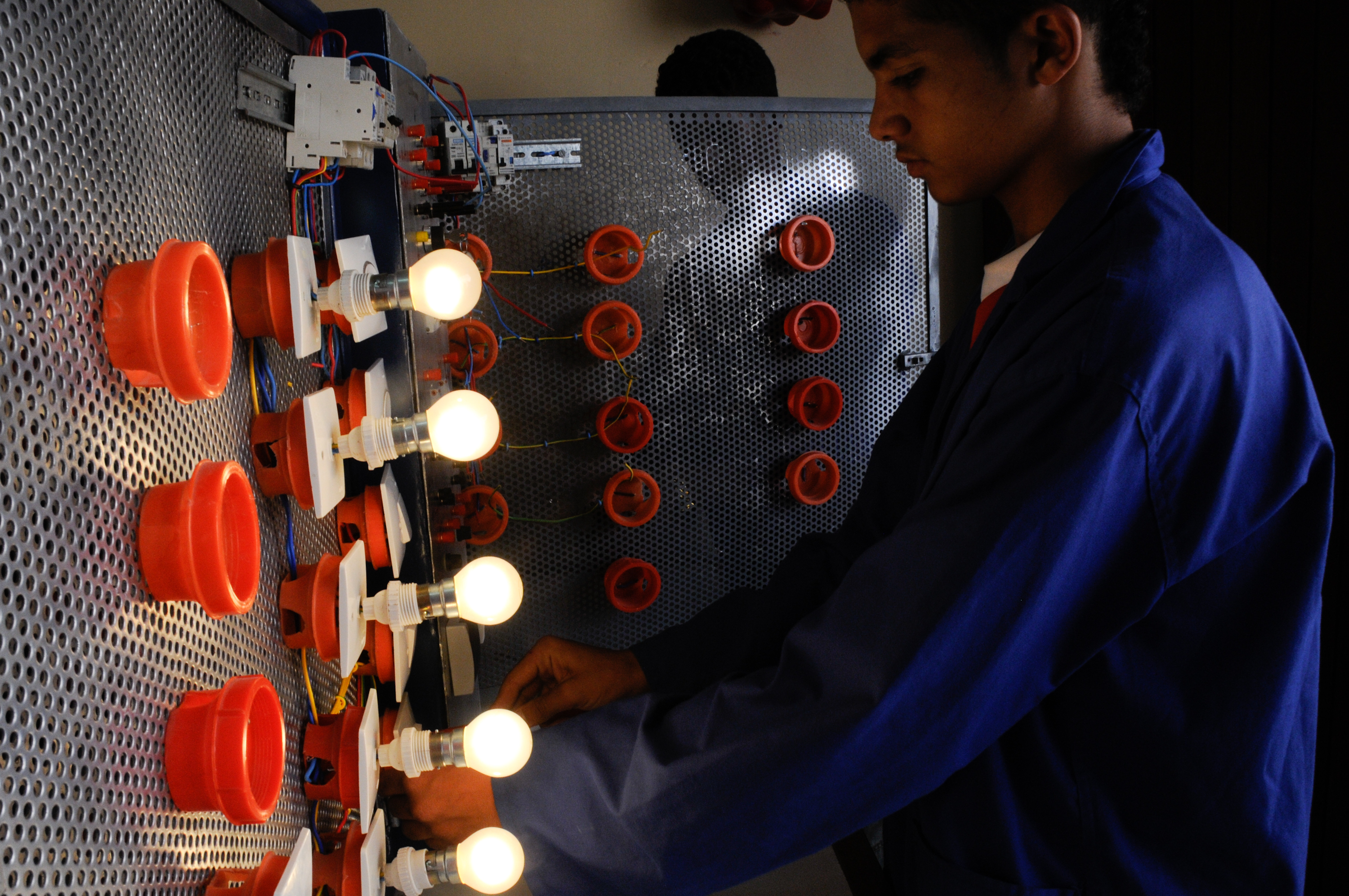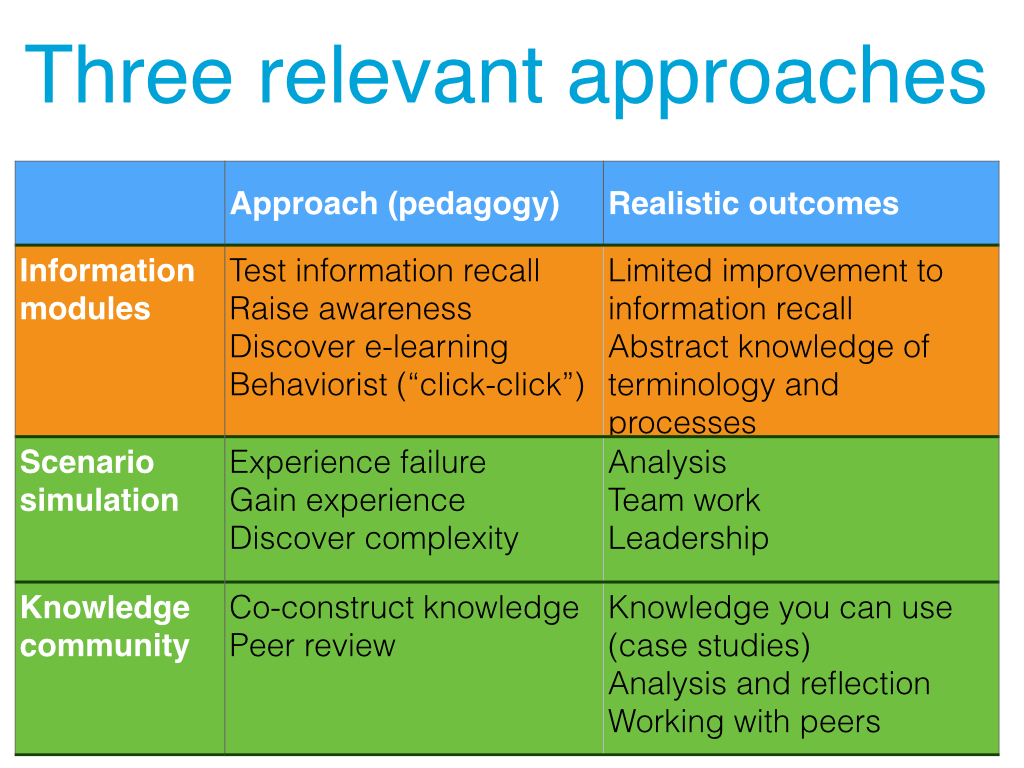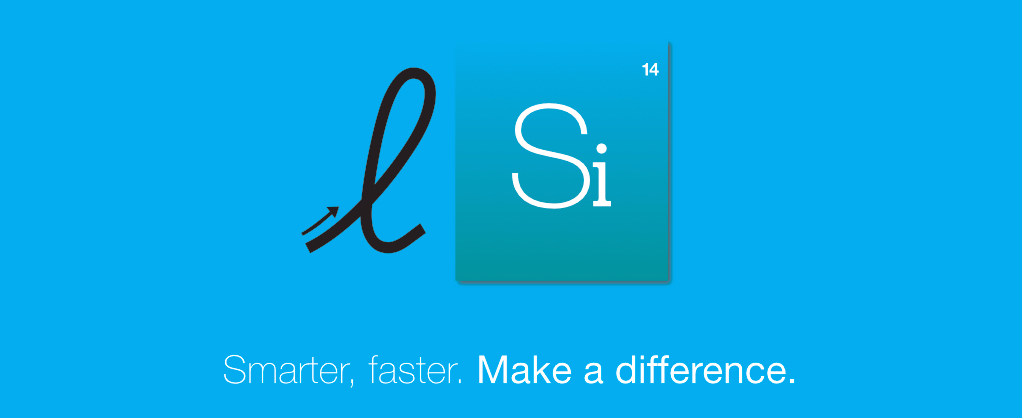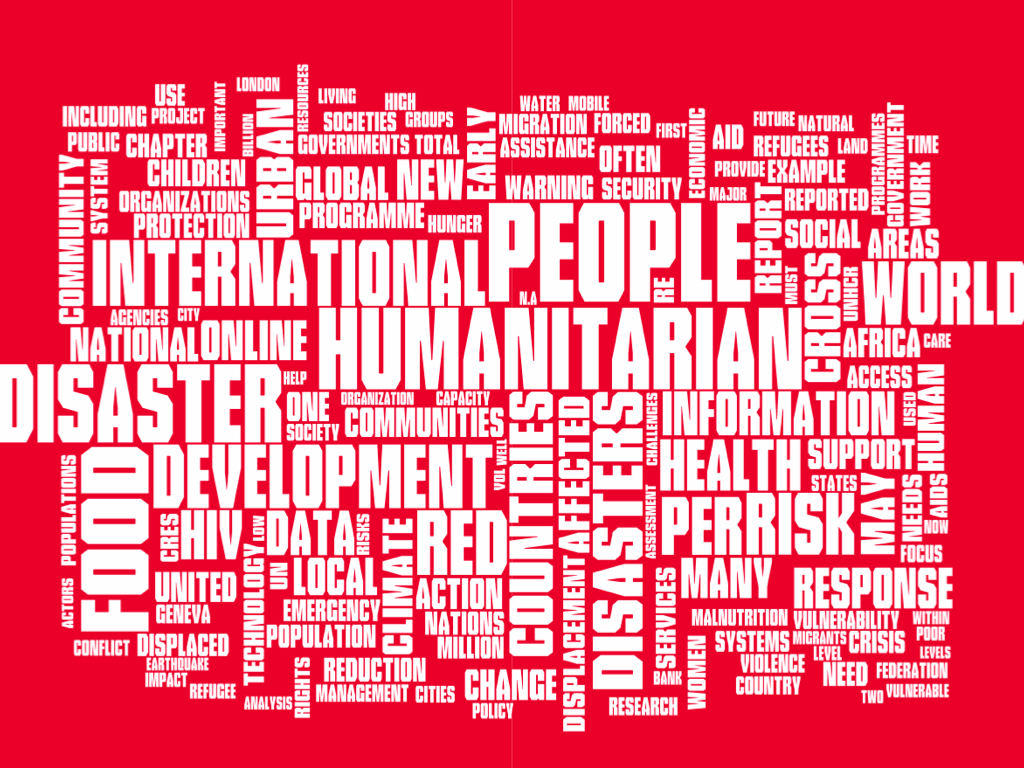
“What I like,” whispered my dinner companion, “is that these publishing types have survived the fire of digital transformation, emerging out of the boiling pits of disruption, and all of that. Some were dismembered before, during, and after – acquired and merged, sold and resold. All paid a terrible price, but bear their bruises and scars proudly.

